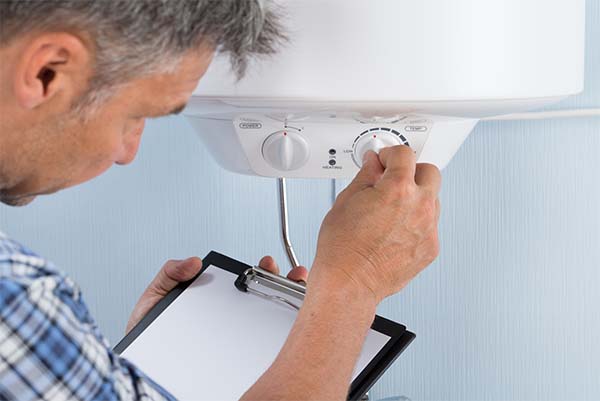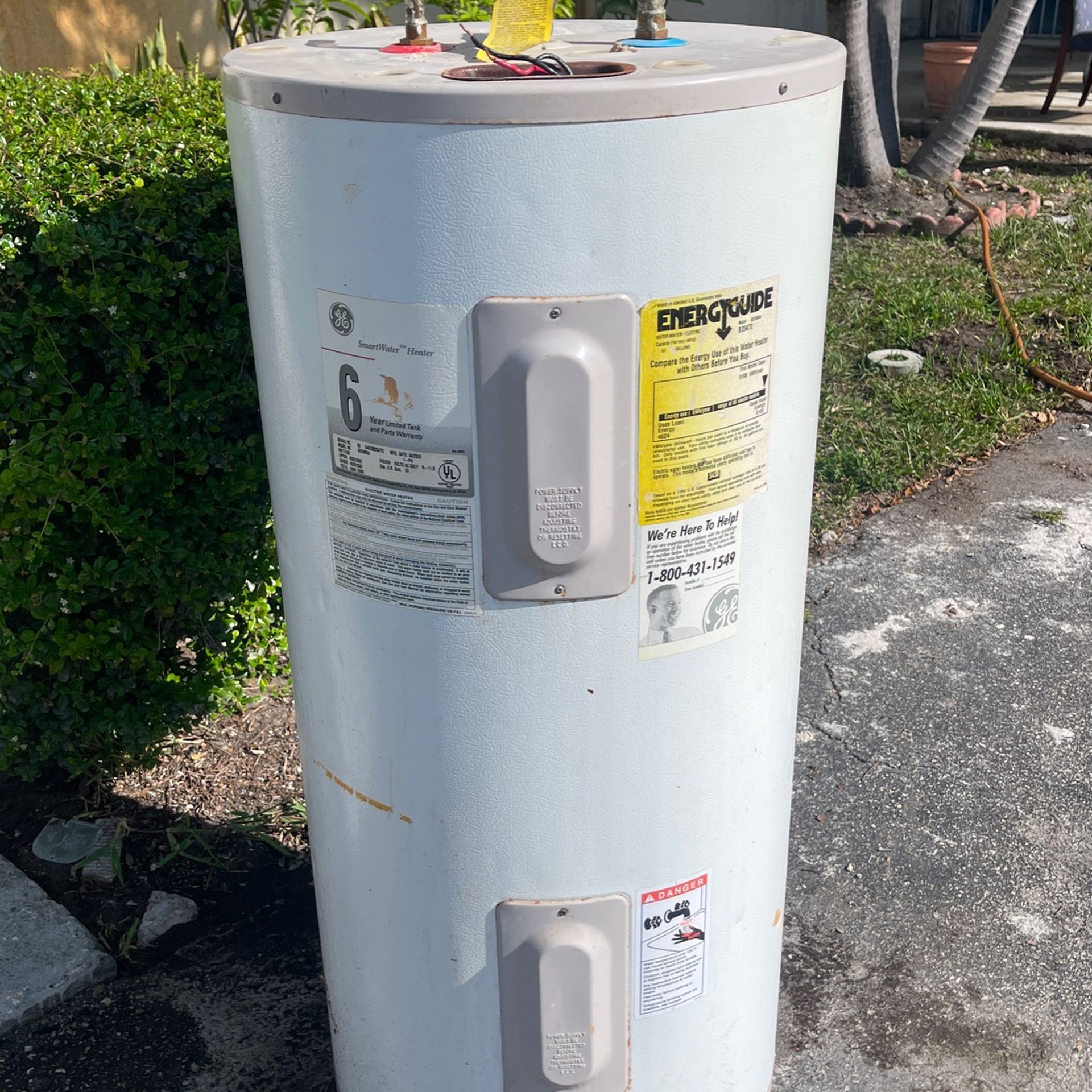Do you find yourself hunting for answers on Maintaining & Draining a Water Heater?

Whether it is located in the cellar or a different space, busted water heaters can trigger stress and anxiety. A basic system holds 80 gallons, so an over night leak will cause a flood. This results in major residential or commercial property damage with soaked walls and floorings. Besides, having no warm water supply is additionally bothersome. If you are managing these problems, remember of the following:
Shut Down Power Source
Prior to calling the plumber, shut off a gas hot water heater by transforming the temperature dial. This is generally located on top of the thermostat. If you have a version that runs on electrical power, turn off the circuit breaker. This will certainly avoid electrocution, particularly if there is a leakage as water is a conductor. Typically, the heating element turns off when the water hits a certain temperature level. But with a damaged container, it may malfunction. Cutting it off assures you stay secure.
Cut Off the Cold Water Supply
Cut off the tanks faucet water supply from the source. This goes from your main water line into the storage tank. When your container remains in good condition, the cold water stops filling up when the container is complete. However since it is dripping, the water will certainly continue to move. Shut the valve discovered on top of the heater. Turn this clockwise to close it off. If you can not locate it or reach it, you must shut off that major water supply line outside your property.
Call the Plumber
After doing the first 2 safety and security actions, you have to call your plumber to come as soon as possible to deal with a ruptured hot water heater. Keep in mind that your device will not just conk out significantly overnight. There are generally signs that your aging hot water heater has debris accumulation in the inside. Remember of the following:
Rather, as quickly as you detect these indications, have a professional come to inspect your water heater thank. Typically, water heating systems have a lifespan of regarding 8 to 12 years.
Tidy up Residential or commercial property
After calling the plumber, paper damages by taking notes as well as photos so you can declare your home owner's insurance policy. Get rid of any type of standing water to prevent mold and mildew as well as mildew development. If you have a completely submersible water pump, make use of that to drain the water.
Remember, if you see any type of problems with your water heating unit, call the pros right away. You can not take this trouble gently due to the fact that a defective thermostat can elevate water temp to a dangerously high degree, leading to unintended burns.
Whether it is situated in the cellar or a different space, broken water heating units can cause tension. Before calling the plumber, closed off a gas water heating unit by transforming the temperature level dial. After doing the very first two safety and security steps, you need to call your plumber to come right away to repair a burst water heating system. If you have a submersible water pump, use that to drain the water. Keep in mind, if you notice any kind of concerns with your water heating system, call the pros right away.
Is My Water Heater Broken?
The Water Heater is Old
No appliance will last forever. This includes a home’s water heater. During its lifespan, residents are going to face a situation where a new water heater installation will be necessary. The biggest problem with this is that most people are not sure when their water heater expires. Not knowing this can lead to serious risks if the unit begins to act up due to old age.
Most makes and models of water heaters will last between eight and 10 years. While 10 years is the age when water heater replacement is highly recommended, the need to replace the unit may occur before this time or after. If the unit doesn’t show any symptoms of a problem, it is a good idea to replace it at the 10-year mark (from the manufacture date).
Some of the symptoms that indicate a new unit is needed include rusting, leaks, noises, and a failure to heat up the water. Also, note that not all units have a 10-year life expectancy. The main exception to this rule is that a gas unit will last for six to eight years.
Rusty Heater Inlet Valve or Water
While steel is the strongest material on earth, it does have a weakness – rust. If corrosion occurs on a steel surface, it will begin to spread and eat through the steel in certain areas. On water tanks and pipes that are made of steel, rust is a warning sign of an impending leak.
The issue for many is trying to figure out if the rust is coming from the water heater or the pipes that lead to the faucet. If rust is seen, it is a clear indication that water heater service from the professionals is needed.
If rusty water appears out of the faucets in the bathtub or sink, it likely means a rusty water heater. If there is rust near the water inlet or the pressure relief valve, rust has likely developed inside the tank. If tap water appears rusty, it may be an issue with the pipes.
Strange Sounds from the Water Heater
Are there strange sounds coming from the tank? As a water heater gets older, rumbling noises may develop and get louder and louder as the water in the tank heats up. In homes where large amounts of hot water are used, the issue is likely going to be even more obvious when more serious issues arise. If there is a strange or loud noise coming from the unit, it is probably because of sediment buildup. A good way to remedy this problem is by flushing the heater. If this does not work, then a new unit may need to be installed.
Leaks
As a water heater gets closer to the end of its useful life, there is a higher chance there will be water around the tank. If there is water, this usually means leaks are occurring. Based on where the unit is located in the home, a leak may result in serious property damage.
Leaks are usually caused by expansions in the metal tank. The expansions occur as time passes and as the inside body of the tank is exposed to multiple heating cycles per day. When a fracture forms, the gap will be slight enough to hold the water in; however, in more serious situations, this will not be the case. If the tank is idle, the water will not leak but when the metal expands during each heating system, small amounts of water will get through the gap.

I came across that post about What Do You Do When Your Water Heater Bursts? while doing a search on the internet. For those who enjoyed our article kindly remember to pass it around. We thank you for reading our article about Water Heater Repair.
Hot water issues? Connect now.